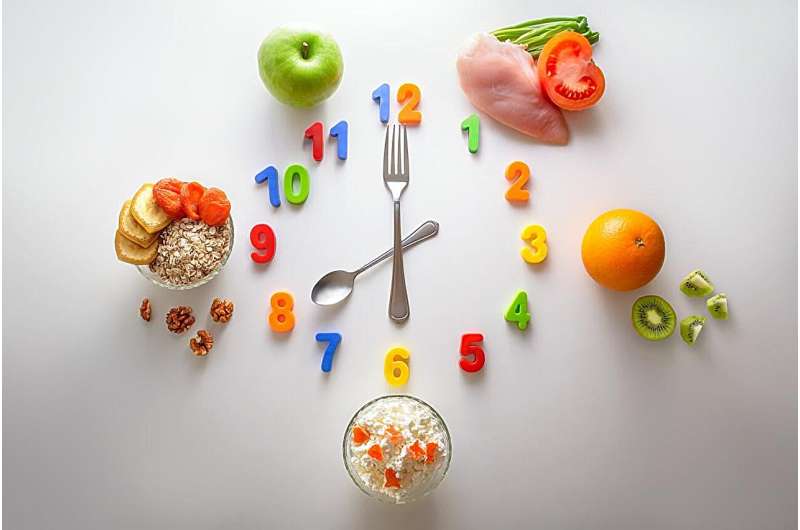This article has been reviewed according to Science X's editorial process and policies. Editors have highlighted the following attributes while ensuring the content's credibility:
fact-checked
peer-reviewed publication
reputable news agency
proofread
Food assistance ensures healthy pregnancies, research shows

Food stamps and food banks can be key to healthy pregnancies.
Food assistance programs are effective in helping hungry women avoid pregnancy complications, researchers say in a new study published Jan. 23 in JAMA Network Open.
Food insecurity in pregnancy is associated with a higher risk of gestational diabetes, preeclampsia, preterm birth and newborn admission to a neonatal intensive care unit.
However, risk of those complications disappears if women receive food assistance through state or federal welfare programs or local food banks, according to the findings.
"Food insecurity in pregnancy was associated with a higher risk of perinatal complications, and these associations were overall attenuated to the null among individuals who received food assistance in pregnancy," the research team led by senior investigator Yeyi Zhu, a research scientist with Kaiser Permanente Northern California, concluded.
Food insecurity refers to when people don't have enough to eat and don't know where their next meal will come from.
"Pregnancy is a critical period during which exposure to food insecurity can have magnified detrimental effects on the pregnant individual and their developing fetuses," the researchers said in background notes.
More than 8% of households in the U.S. have low food security, and another 5% have very low food security, according to 2023 data from the U.S. Department of Agriculture. That means about 18 million families were food insecure at some point that year.
For this study, researchers relied on survey responses from more than 19,000 pregnant women under the care of the Kaiser Permanente Northern California health care system. All of the women delivered between January and June 2020.
About 14% of the women reported food insecurity during their pregnancy, and a little more than half of those received food assistance while pregnant, results show.
Food-insecure women who didn't get assistance had higher odds of gestational diabetes (20%), preeclampsia (24%), preterm birth (23%), and their newborn requiring intensive care following delivery (31%), the study says.
But food assistance nullified nearly all those risks, researchers found, with only preeclampsia remaining as a pregnancy risk for women who got the food they needed.
Women who are food insecure might have to eat on the cheap, forcing them into an unhealthy, low-quality diet, researchers speculated. They also might be more apt to suffer from depression and anxiety due to the stress of food insecurity.
"These findings support clinical guidelines of screening for food insecurity in pregnancy and provide evidence to expand food assistance programs that may help improve maternal and neonatal outcomes," the research team concludes.
More information: Feeding America has more about food insecurity.
Chehab RF, et al. Food Insecurity in Pregnancy, Receipt of Food Assistance, and Perinatal Complications. JAMA Network Open (2025). DOI: 10.1001/jamanetworkopen.2024.55955
Copyright © 2025 HealthDay. All rights reserved.





















